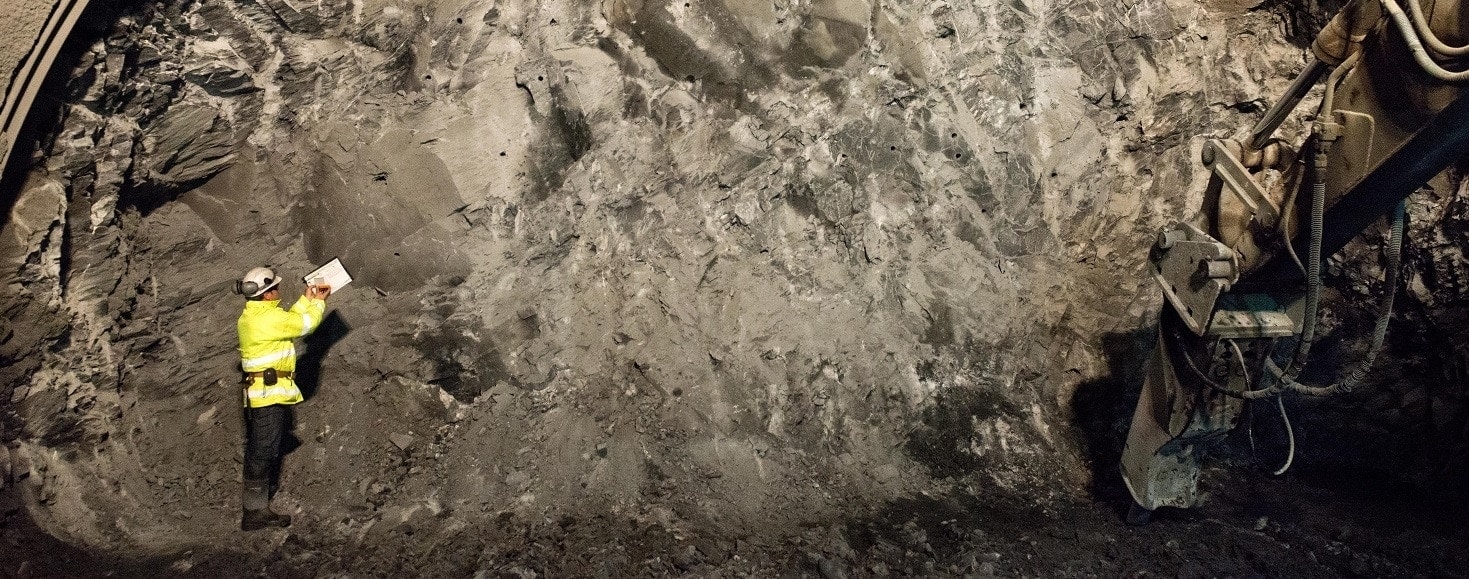
It may seem out of place, in our day and age, that it is still necessary to have a day dedicated to reinforcing the value of Safety and Health. Awareness on the issue should be there every day, in the minds of companies and workers, in both building sites and services, and in our offices. However, it was only relatively recently, in 2003, that the International Labour Organization (ILO) set aside the 28th of April as World Day for Safety and Health at Work.
And you will be wondering, why? Not all countries, not all companies, and not even all workers are aware of the risks which are prevalent at work every day: in our workplace, our daily commute, in the office, in every small action or detail… And that is why this day aims to promote a culture of prevention involving everyone, in all countries and at all levels of every organisation. And it also aims to remember those who have died as a result of an accident at work, or a work-related illness.
Sustainable Development Goal 8 – a culture of prevention
Even the recently adopted United Nations Sustainable Development Goals (SDGs) feature occupational safety explicitly as a target within Goal 8:
“protection of labour rights and promotion of safe and secure working environments for all workers, including migrant workers, in particular women migrants, and those in precarious employment”.
Aligned with this, the ILO requires member States to establish mechanisms for collecting and using reliable occupational safety and health data. All activities and improvements in this area must be based on accurate and reliable information, which adequately identifies hazards and risks to allow elimination of such risks in the future. And this applies to companies such as ours.
Vertical commitment to Occupational Safety and Health
In 2015, Ferrovial’s Board of Directors approved a new organisation-wide Health and Safety Policy, with the aim of creating risk-free working environments, based on the premise that all accidents are avoidable. The importance given to this premise is evidenced by the fact that Ferrovial’s top management are responsible for monitoring health and safety issues regularly, and indicators relating to occupational safety are reviewed in all meetings. Moreover, in the last two years safety has been point number one on the agenda of Ferrovial’s annual management meeting.
Awareness-raising for teams and individual staff members
In fact, in the last such meeting, our colleague Marcelo Ocampo, Executive Director of Steel Ferrovial Services and Broadspectrum Chile, claimed that: “The key to work safety are individual behaviours”. We obviously work in sectors where risk is inherent, so we not only need to talk constantly about the issues, but also take action to create risk-free environments for all employees and raise awareness. Staff need to “think” safety and be a mouthpiece for other, less aware, colleagues.
Each and every one of us who works at Ferrovial must keep two principles for action in mind at all times:
- Target Zero (i.e. we aspire to have no accidents at work)
- All accidents are avoidable
This strategy and this belief is written into our roadmap and contained in our 2019 Corporate Responsibility Strategic Plan, which has as one of its specific objectives ensuring a safe and healthy working environment through the development of action plans for improving accident rates on the premise of “harm-free workplaces” and involving all staff in “Behavioural Based Safety” programmes.
4 business areas, 15 countries, 94,000 employees… with common guidelines
Ferrovial has four business units (construction, toll roads, airports and services) employing over 94 000 staff in more than 15 countries. Despite our diversity, we must ensure that minimum standards are met everywhere so that we all “speak the same language”, that we have efficient management systems in place to avoid accidents, and that appropriate safety measures are adopted to achieve Target Zero in all our workplaces.
Over the past two years we have therefore been working together with all our business units to align the company’s management systems: keeping specific characteristics where required, but learning from best practice both within and outwith Ferrovial, and always with the shared aim of achieving an accident-free working environment.
We have therefore started by creating a “single language”, with the introduction of a standardised reporting system which assigns greater importance to proactive indicators (leading indicators) aimed at strengthening a culture of prevention as a means for moving to a management model which prevents accidents before they happen.
We have also strengthened our capacity for monitoring safety conditions on site. This has resulted in more than 81,000 inspections and audits in 2016 (an increase of 52.3% compared to 2015). But we still believe that even more effective than this is the participation of all staff in the detection of unsafe practices and situations. We therefore carry out campaigns in all our business areas, encouraging staff to propose new measures for improving workplace conditions, and have increased training and awareness-raising to engage all staff in the common aim of creating risk-free working environments.
All of these measures have resulted in the continued downward trend of accident rates in 2016, both in terms of numbers and degree of seriousness. We are proud to say that many of the programmes created with this aim in mind have been recognised by independent institutions, confirming that this strategy is helping to create a health and safety culture within the organisation;our strategy is effective and is enhancing the work experience of our teams.
Much still remains to be done, and we must do it together. Remember, whatever your post within the organisation, your decisions can have an impact on the safety of those around you.
Find out more about Ferrovial’s Health and Safety strategy here.




There are no comments yet